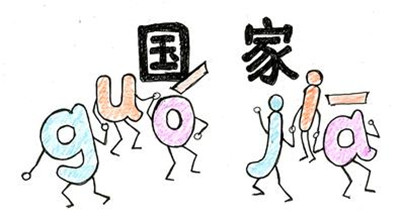Language in Taiwan

Officials argue that its use will improve Taiwan's economic competitiveness by co-ordinating with other Chinese-speaking societies. But some Taiwanese believe this is a ploy by Mr Ma covertly to integrate Taiwan more closely with mainland China.











